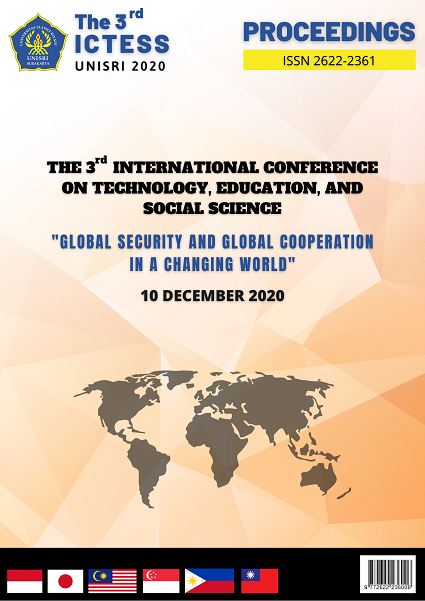MATHEMATICAL THINKING ABILITY OF 7th GRADE STUDENTS IN SOCIAL ARITHMETIC LEARNING THROUGH DISCOVERY LEARNING MODEL
Abstract
The ability of students is obtained through the learning process of school subject matter in their classes. In particular, learning mathematics has an important role in facilitating students in obtaining various abilities, one of which is ability to think mathematically, an ability that has an important role for students in their lives, both in class and in their daily lives. This study aims to describe the mathematical thinking ability of 7th grade junior high school students in mathematics through a discovery learning model based on Stacey's classification, namely specialization, conjecture, generalization, and convincing. The research method is through qualitative studies by analyzing the answers of students who have gone through social arithmetic learning using discovery learning models. The results of the analysis obtained the findings of students' mathematical thinking ability in terms of specialization, conjecture, generalization, and convincing abilities, students were only identified using the conjecture, generalization, convincing abilities in solving problems/questions given by the educator, it does not appear that specialization ability are seen in all students, then there are problems in taking conjectures, where students are wrong in giving conjectures, this is due to the absence of errors in processing word/sentence information in the questions (word problem). The implication of this problem is that students must be trained in processing the information contained in story problems that involve interpreting words into mathematical symbols. Keywords: Discovery Learning, Mathematical thinking ability, social arithmetic, Word Problem.Downloads
Published
2021-02-05
Issue
Section
Artikel

